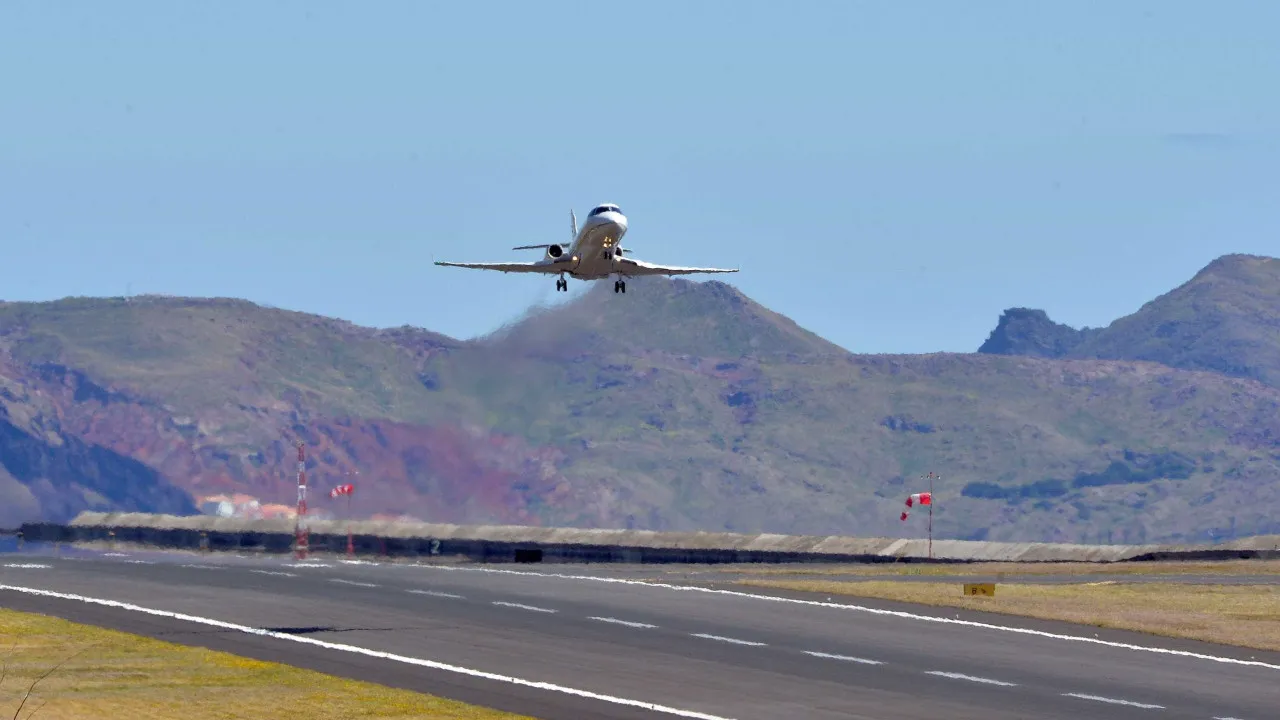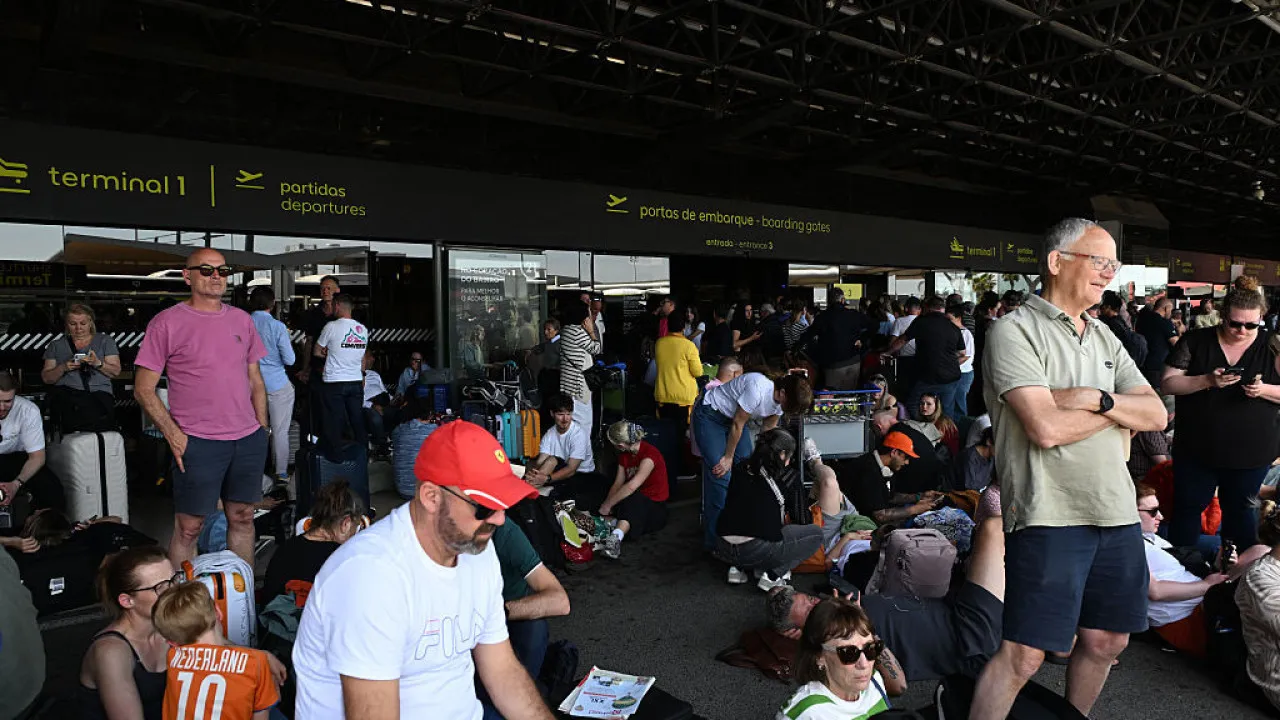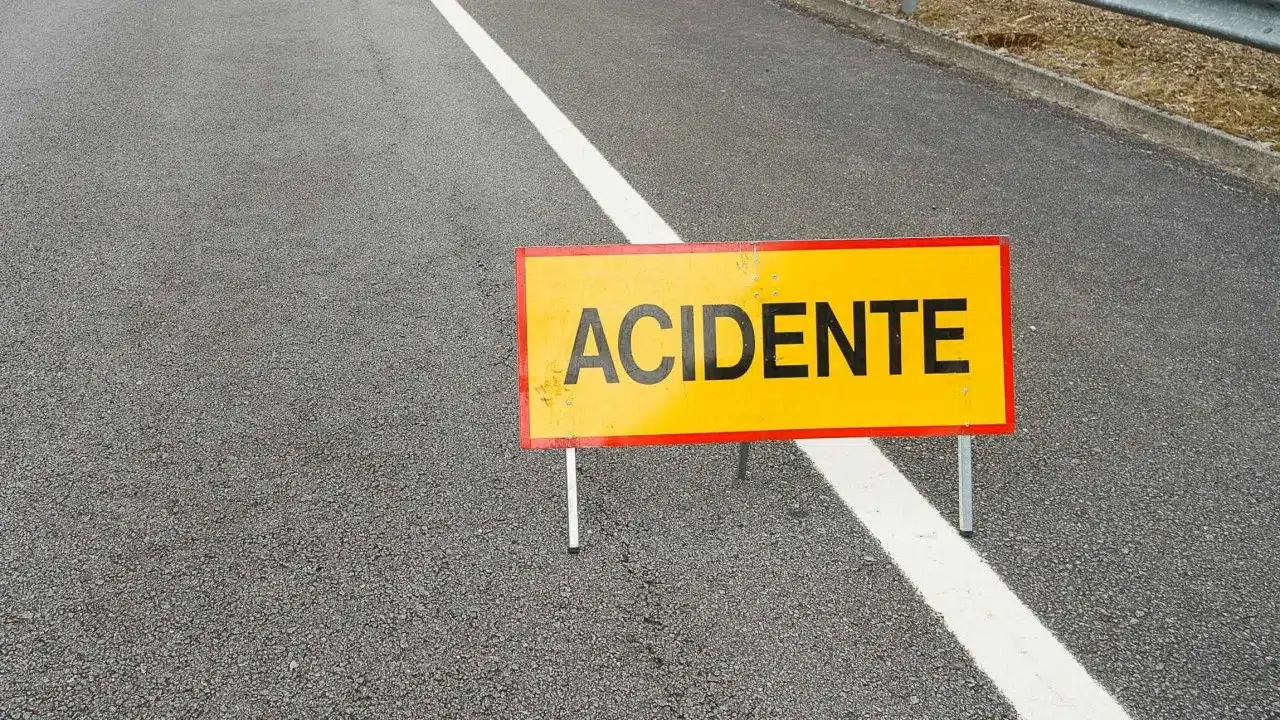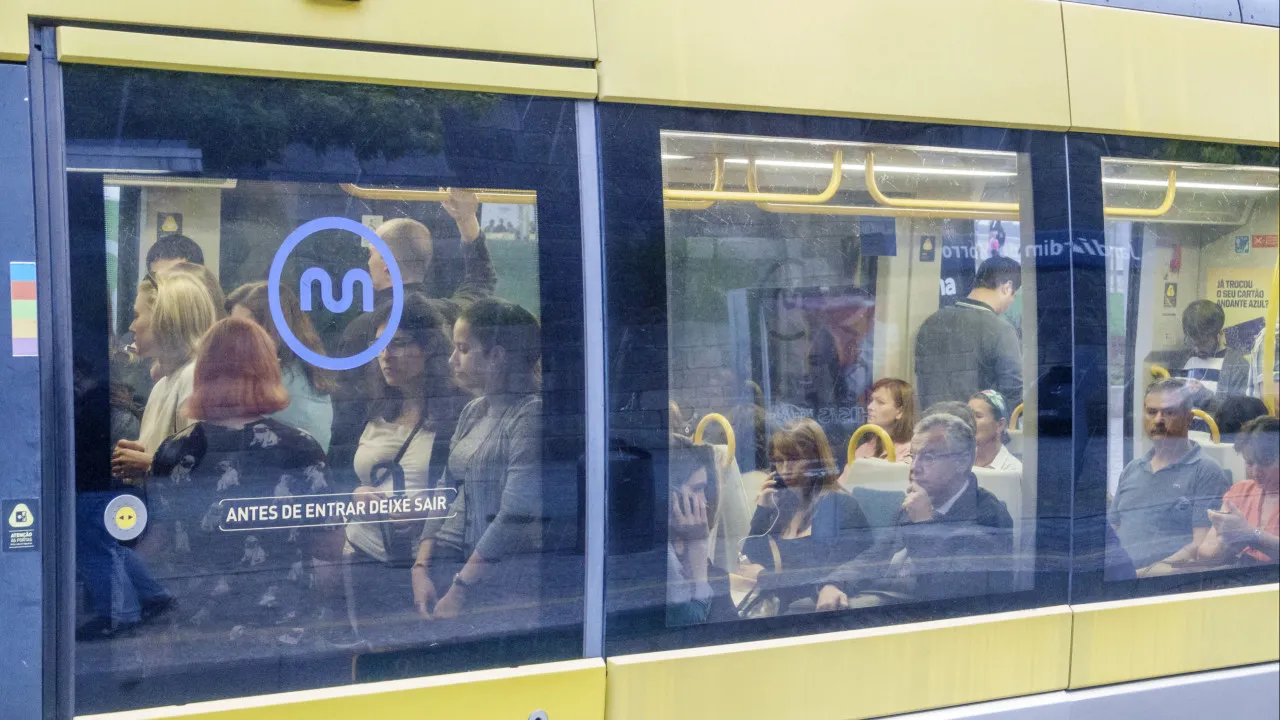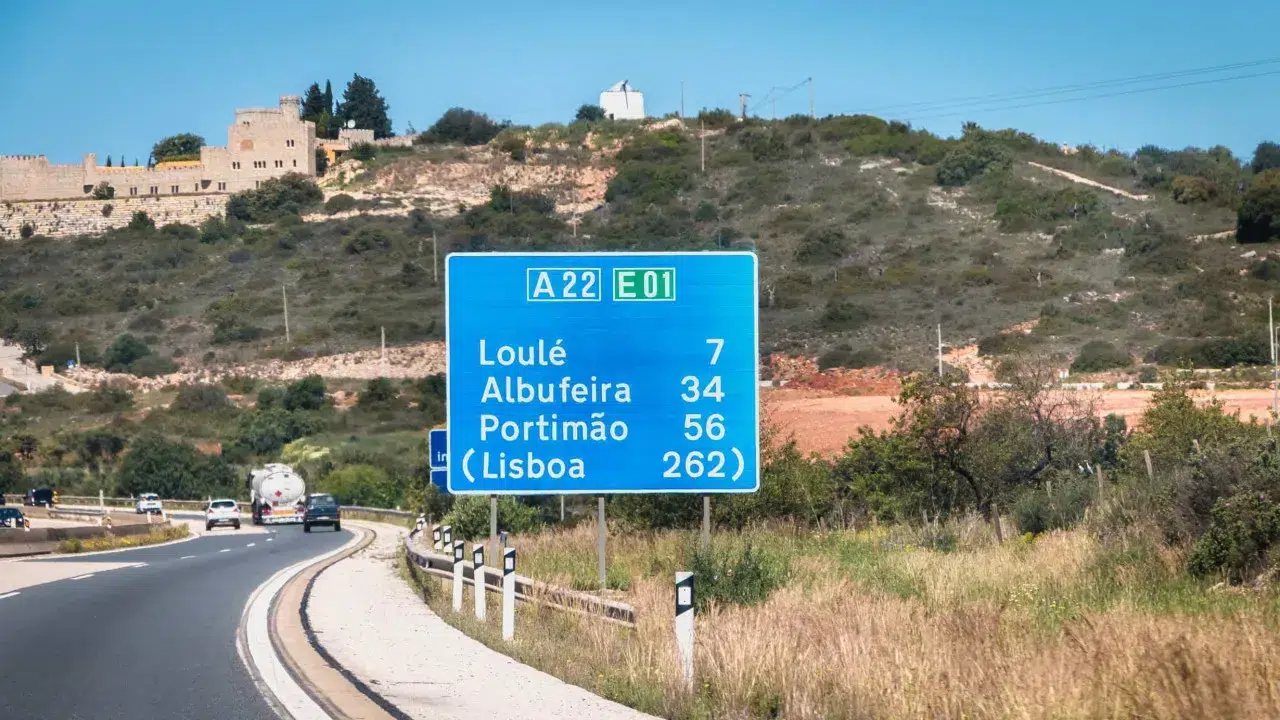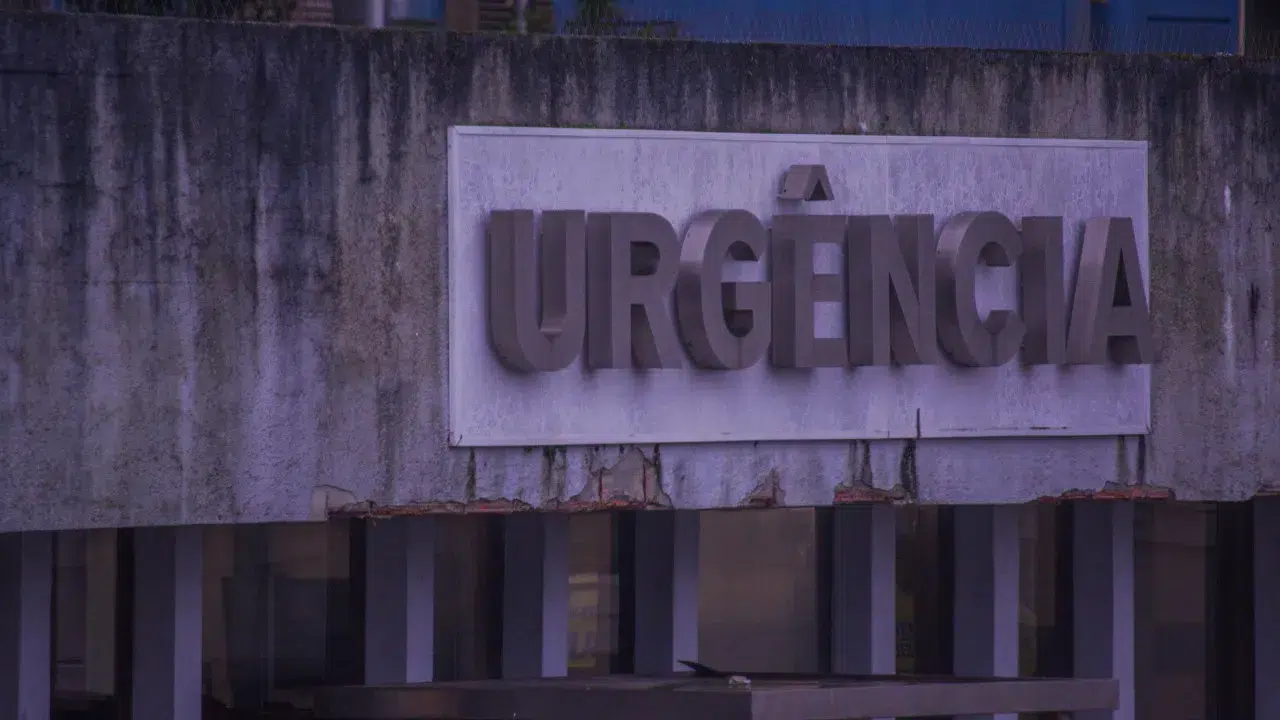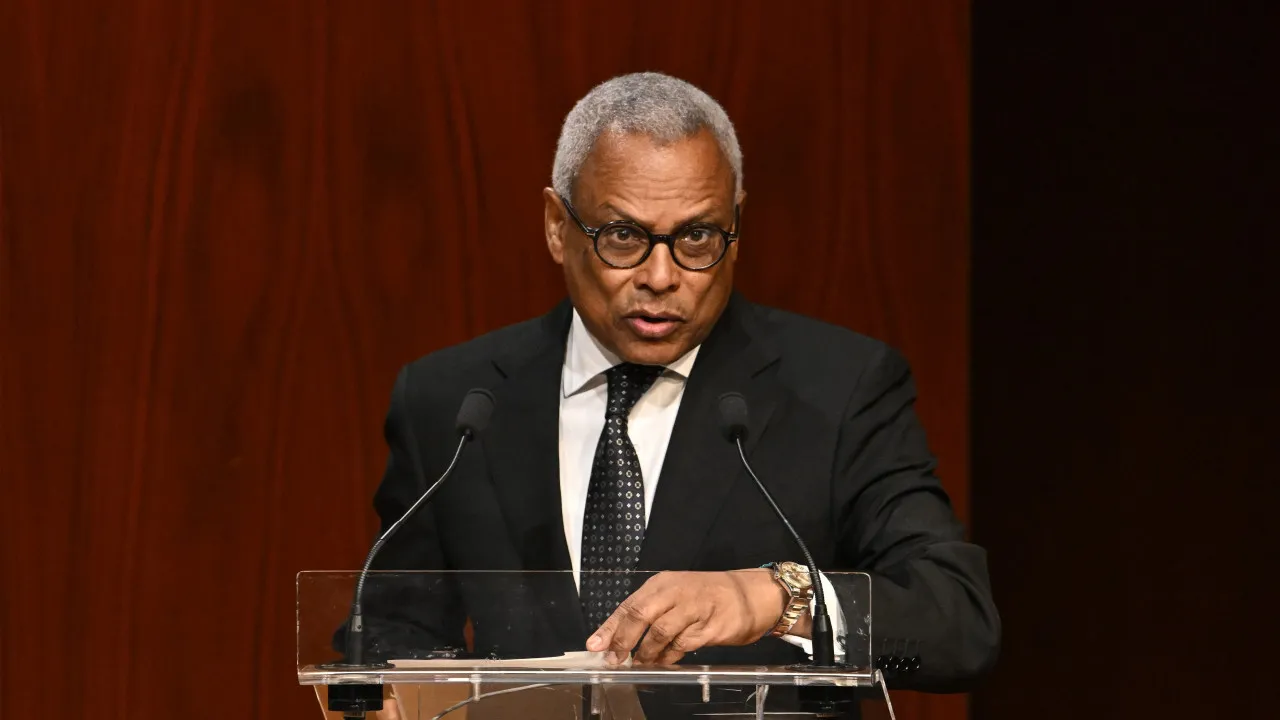The president of the Economic and Social Council (CES), Francisco Assis, asked today that the high speed railway lines to be built in the country should have political consensus, technical support and speed in the decision, after a debate in Oporto.
“I think two things are good, and this Government has already shown willingness to do that: that these decisions are taken on the basis of a multi-party understanding, in particular with the main opposition party. The TGV issue is just as important as the Lisbon airport issue, of course,” he said.
The second point mentioned by Francisco Assis, who closed today’s debate “The Oporto/Madrid High Speed Line – via Trás-os-Montes and Castela e Leão”, which took place today in the Oporto Chamber, was the desire that “the decision taken be “based on rigorous technical support”.
“Third, that these decisions are not postponed in time to the point that we continue to postpone the development of our country,” the former MEP told journalists at the end of the conference.
Another point pointed out by Francisco Assis in the case of cross-border connections was the coordination of decisions with Spain, noting that the Spanish are “inflexible” in defending their strategic interest.
“We have to do the same. I think we will. Portugal also has to be very clear when the time comes for dialogue with the Spanish government,” he argued.
However, for this to happen, “first you have to know very well what you want,” and then you have to “be very clear in asking the Spaniards these questions, because this is also of interest to Spain,” stressed Francisco Assis.
“Our articulation with Spain cannot be made only in function of the definition of Spanish priorities, but in function of understandings that we have to reach, in which Portuguese priorities have to be taken into consideration,” he said.
The CES responsible pointed out that it is still “in a study phase in Portugal” about the future cross-border railway connections, and that conclusions will only be possible “when the country makes clear decisions”.
The Porto-Madrid line via Trás-os-Montes “was already worth it” just for the cargo

